Interestingly, we’re about to talk about hair relaxers! For many people, hair relaxers are an essential part of their hair care routine. They help smooth out curly or kinky hair and make it easier to style.
Recently, there has been a lot of buzz on the internet about evidence connecting hair relaxers with a higher likelihood of uterine cancer, leaving many people wondering whether they should ditch their relaxers for good.
Before we dive into the research, let’s take a trip down memory lane. Do you remember the first time you got your hair relaxed, or are you longing to get one? Maybe it was a rite of passage in your family, or perhaps you decided to try it out on a whim, or now you shouldn’t.
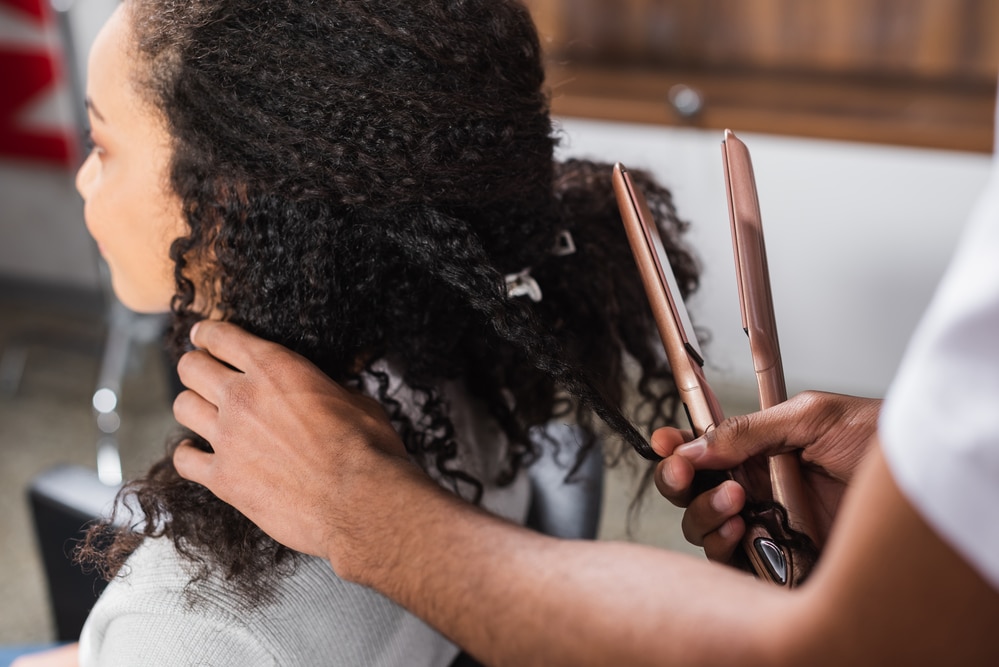
We all know that there is a price to pay for attractiveness. Uterine cancer is a possible downside for certain women. The possibility of a greater chance of cancer of the uterus due to the use of hair relaxers has been a topic of considerable discussion lately. Naturally, this sparked alarm among women who use relaxers, and a lot of them are currently unsure whether they ought to continue doing so.
If hair relaxers are linked to uterine cancer, how concerned should you be? In this post, we will look at the evidence and investigate the background of this debate. We’ll go through exactly what hair relaxers are, why they pose a danger, and the specifics of the research that linked them to cancer of the uterus, as well as additional studies and data.
Let’s dive in right now!
What are Hair Relaxers?
Hair relaxers are chemical products used to tame unruly locks. The peptide bonds in the hair are loosened so that the hair may be reshaped into a straight style.
Hair relaxers may either be lye-based or lye-free. When not used properly, the sodium hydroxide in lye-based relaxers may irritate and even harm the scalp. Calcium hydroxide or guanidine hydroxide, the chemicals used in no-lye relaxers, are less abrasive than lye but may still irritate and harm the scalp if not handled correctly.
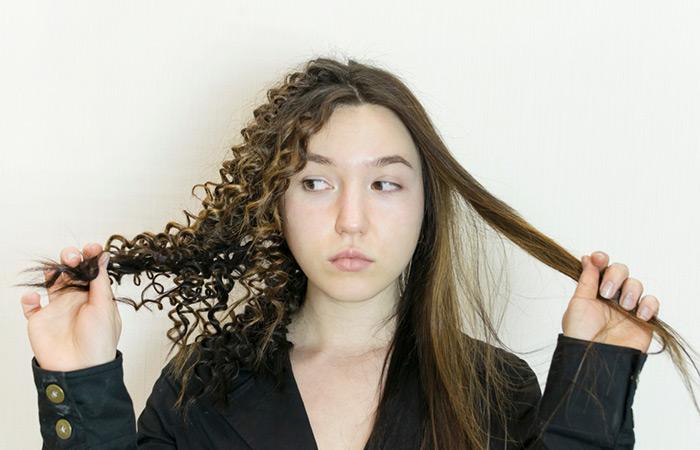
There are a variety of relaxer strengths and formulas available within each category. Some relaxers are made for more delicate or dyed hair, while others are made for thicker, coarser hair. To prevent damage to your hair and scalp, use a relaxer that is suited to your type of hair and processing. Follow the manufacturer’s directions.
Should We Be Worried?
Hair straightening products may raise the likelihood of cancer of the uterus, according to a study published in the International Journal of Cancer. For this study, scientists from the National Institute of Environmental Health Sciences analyzed information gathered from over 33,000 women who took part in the massive continuing Sister Study.
Women’s usage of blow dryers, irons for curling, hair straighteners, and relaxers, among other hair styling tools, was tracked in a year-long survey. Researchers who followed these women for a typical period of almost eleven years found that using hair straightening products almost doubled their chance of developing uterine cancer.
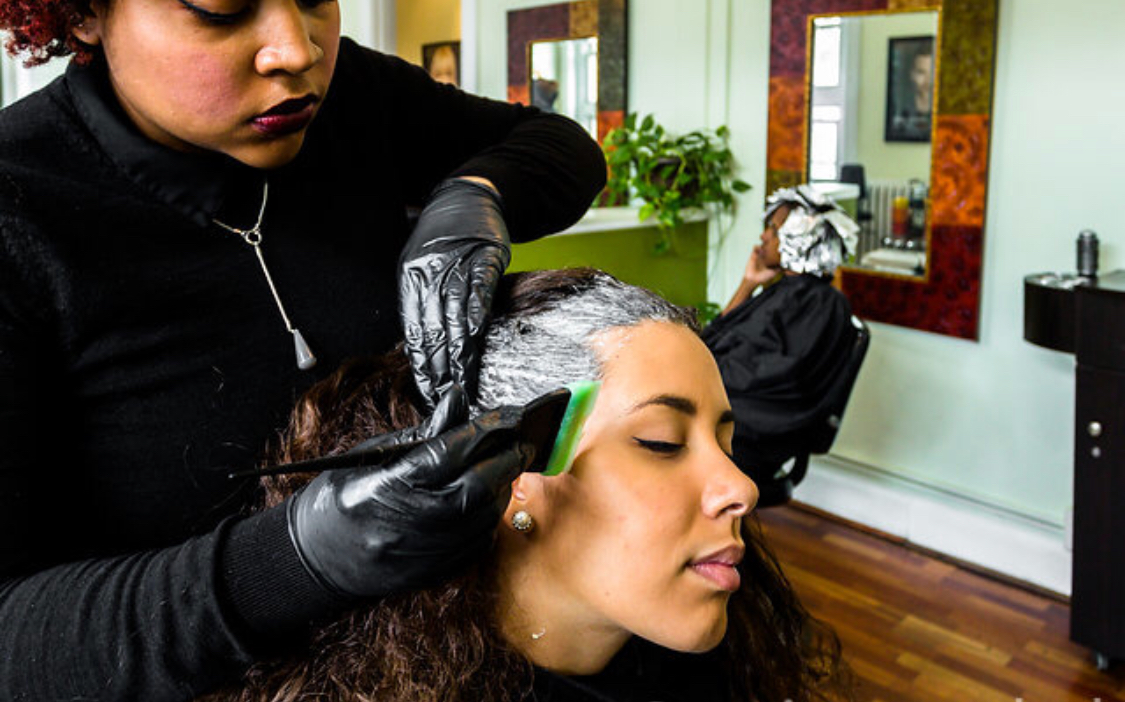
Users of hair straighteners had an increased risk of uterine cancer by a factor of 212.
This study is one of the few to link the use of hair straighteners with an increased risk of uterine cancer.
Whereas the Sister investigation found a link between straighteners and breast cancer, the current investigation found no such link between any other hair product and uterine cancer.
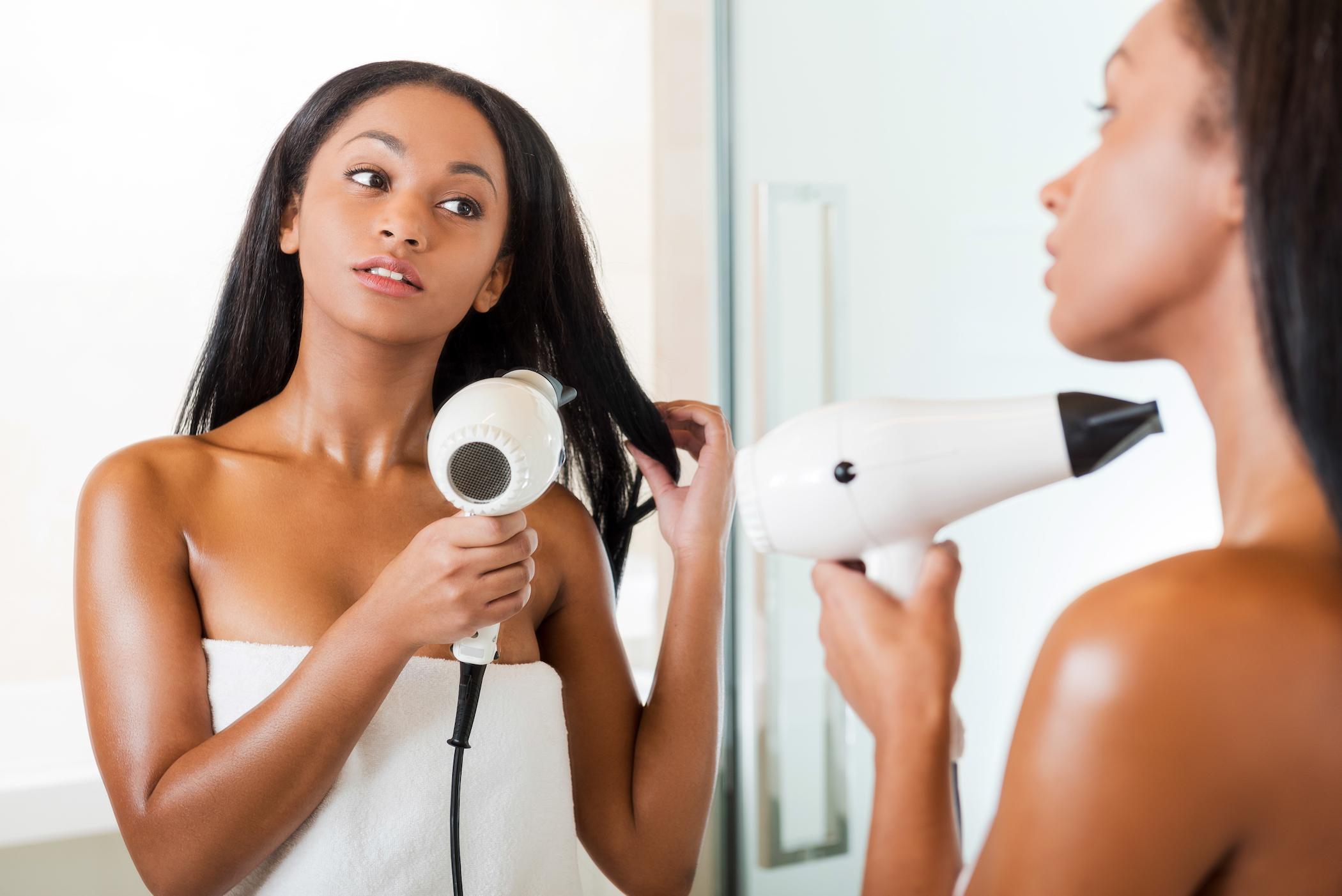
The results of the research may have a greater impact on black women than on other women because of their earlier use of hair straightening and relaxer products. The majority of straightener users were black women (60%).
The authors of the study acknowledge that further investigation is required to establish a causal relationship between hair straighteners and uterine cancer. Maintaining a healthy weight, engaging in regular exercise, and avoiding hair straighteners have all been linked to a decreased chance of developing cancer of the endometrium. The results of the research are relevant to women, especially those who use hair straighteners.
Precautions
- Don’t use hair relaxers too much. If you now use a relaxer more than four times a year, try cutting it down to twice or three times a year.
- Observe a healthy way of living. Major risk factors for developing endometrial cancer include being overweight and inactive. Do regular exercise, eat well, and stay at a healthy weight.
- Intensify your exercise routine. Taking more walks is one simple way to reduce your risk of developing uterine cancer.
- Recognize the symptoms: If you have a family history of uterine cancer or a high-risk lifestyle, knowing the signs of this disease is crucial. Vaginal spotting is a common symptom in women beyond menopause, although heavier periods or bleeding in between periods are signs in younger women.
- Changing bleeding patterns require an immediate visit to your gynecologist. There is currently no effective screening test for uterine cancer; thus, it is up to you to keep track of your health and seek medical attention if any unusual symptoms develop.
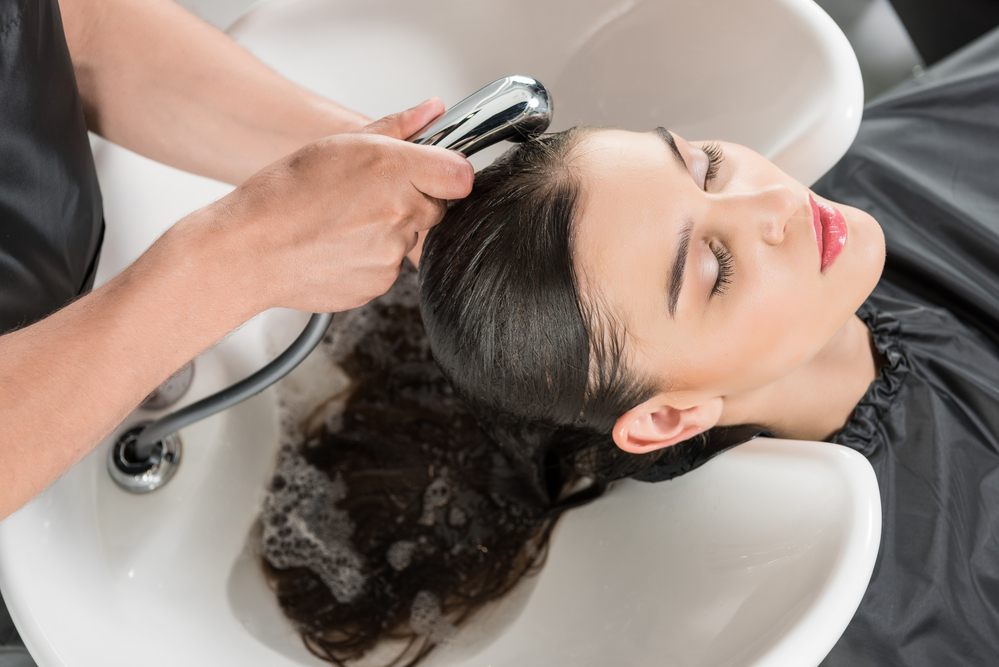
Remember, prevention is always better than cure! So, if you’re a fan of relaxers or hair straighteners, it’s time to consider cutting back and incorporating more physical activity into your lifestyle. Stay healthy and beautiful!
See Also: 11 Easy-to-make Everyday Hairstyles For Naturally Curly Hair


